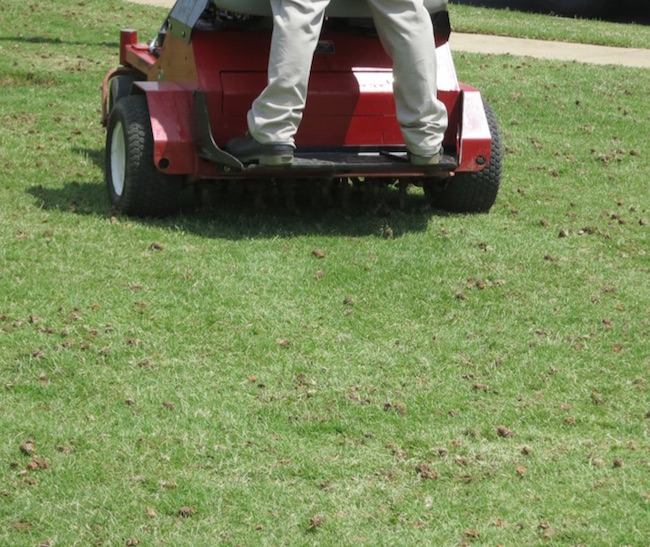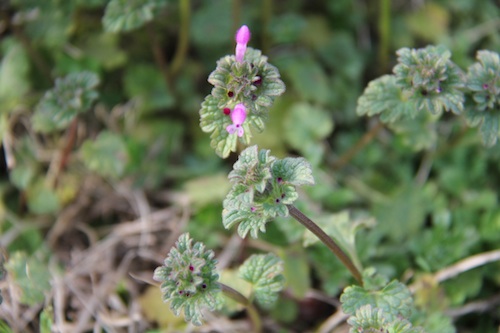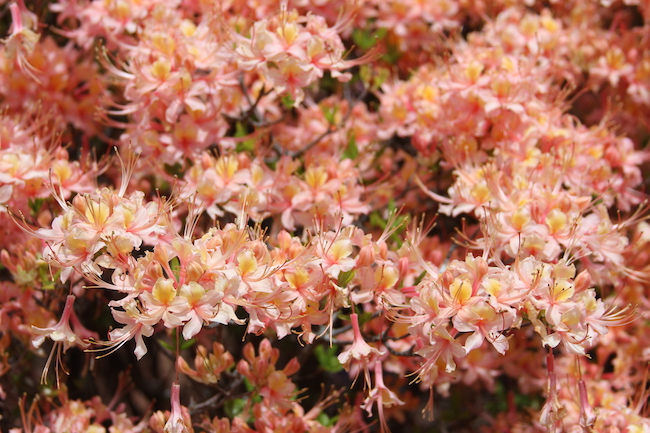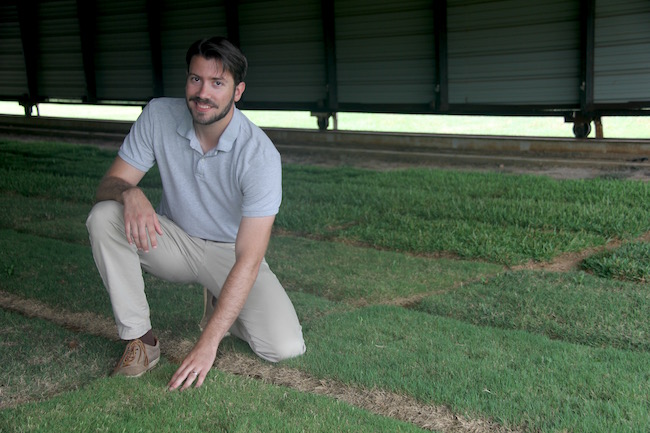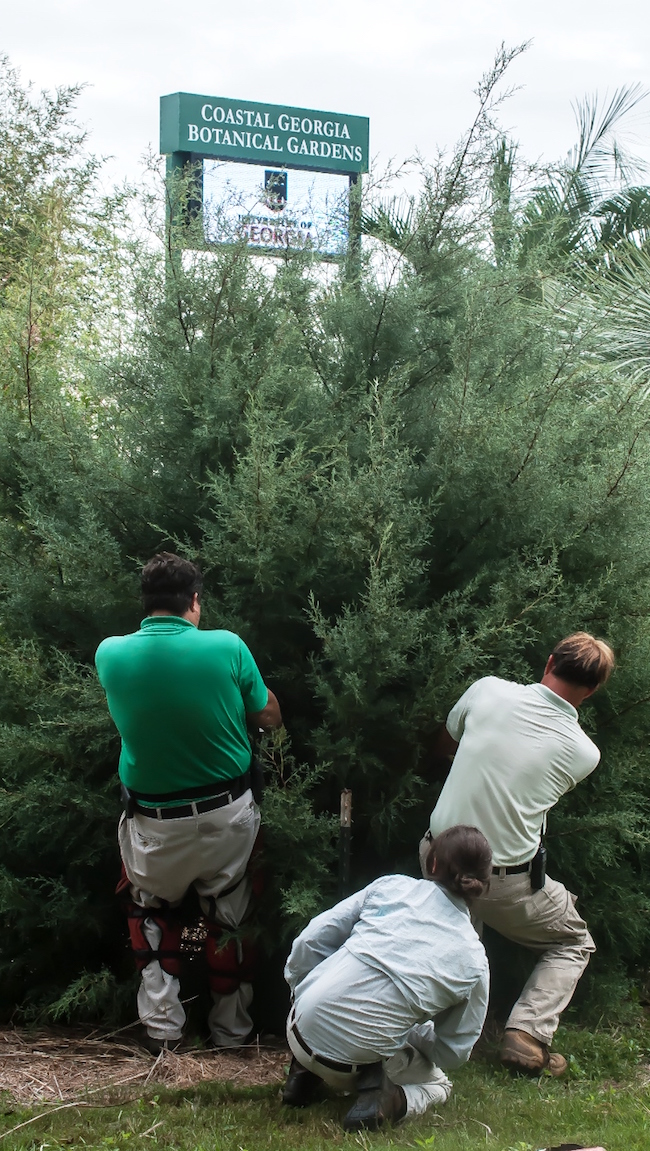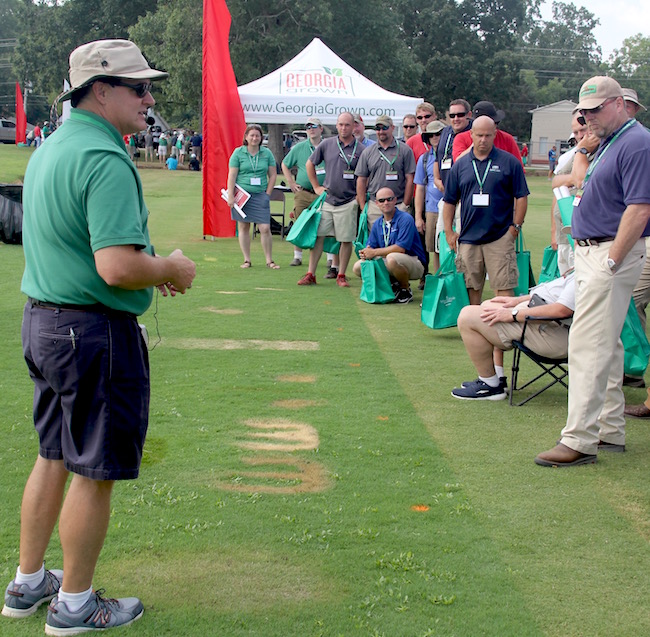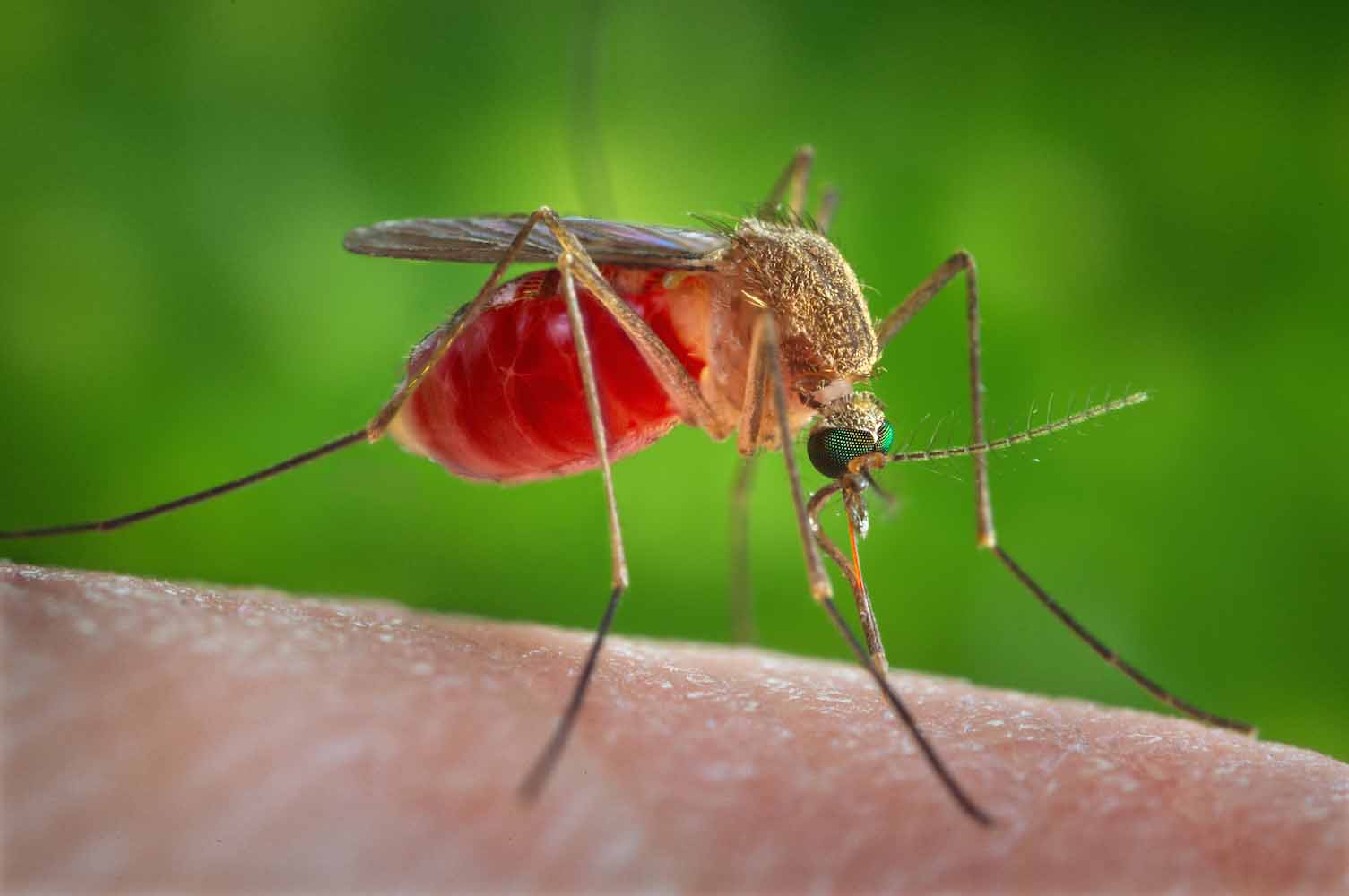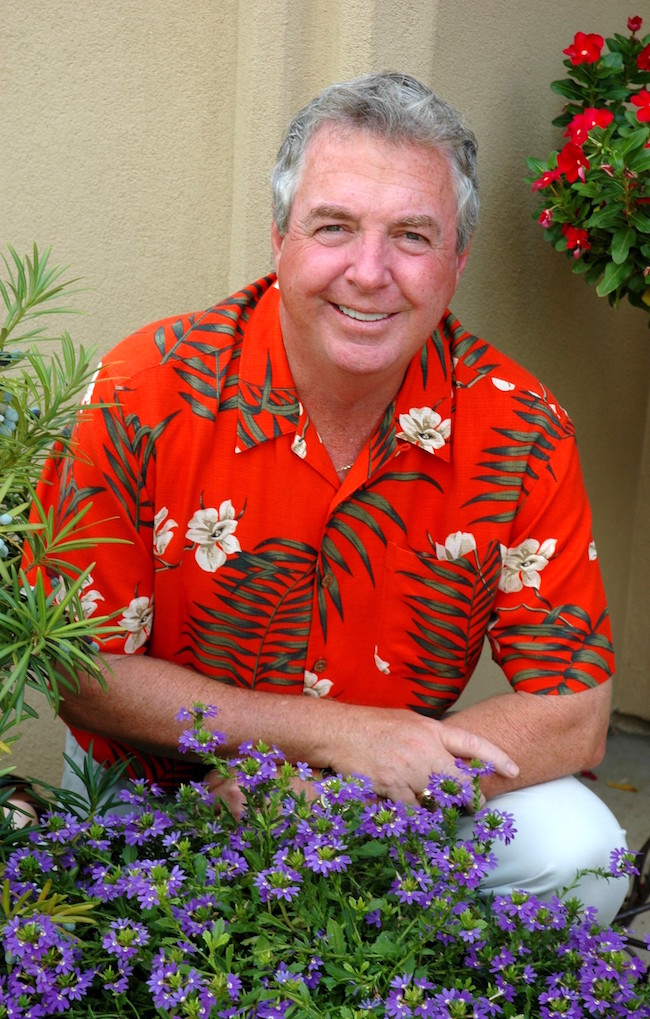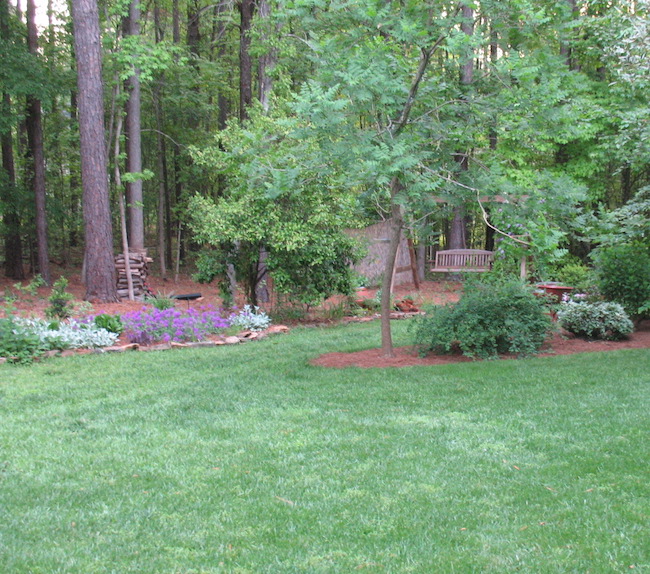 CAES News
CAES News
Drought & Lawns
Last year’s prolonged drought has extended into this year. Lawns that were in poor health before the drought are having trouble greening up now. If you’re reviving a spotty lawn, perk it up with help from University of Georgia Cooperative Extension.

